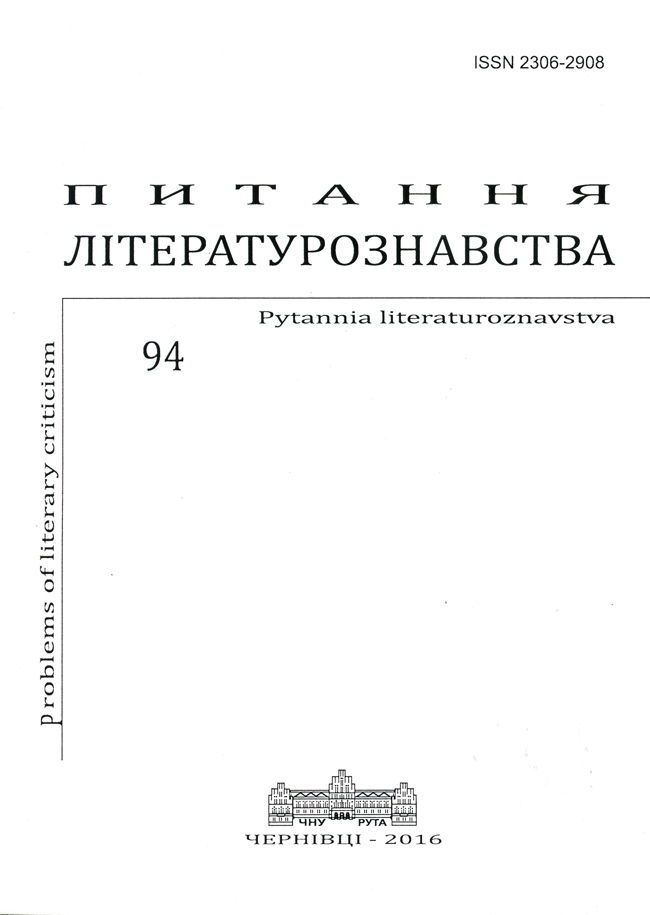Германн Гессе и Латвия
Hermann Hesse and Latvia
Author(s): Silvestras GaižiūnasSubject(s): German Literature, Latvian Literature
Published by: Чернівецький національний університет імені Юрія Федьковича
Keywords: Romanticism; neo-romanticism; synthesis; novel of education; pietism; Moravian Church; vagabund; faustian soul; Platonic Academy; homo ludens; game;
Summary/Abstract: Hermann Hesse has kindred relations with Latvia. His grandmother from the father‘s side Jeanette Agnese Lass (1807–1851) was born in Courland. Interesting Hesse’s relation with father’s cousin Monica Hunnius (1858–1934), who wrote a book about writer’s grandfather Carl Hermann Hesse (1802–1896) “My Uncle Hermann. Memoirs about Old Estonia”.Hesse’s name and creation in Latvian literature appears enough early, at the beginning of XX century. At 1907 the first translation of Hesse’s text was published in Latvian language. Novel “Steppenwolf” has most interesting fate in Latvia. This novel two times was staged in Latvian scene. Hesse is related by the close typologic relations with Latvian Neo-romanticism. One of the most famous neo-romantic poets is Fricis Bārda (1880–1919) for his collection „Earth Son” (1911) as a epigraph selects Hesse‘s verse “I Love Women who Thousand Years ago...” (“Ich liebe Frauen...”). At this context it makes sense to comparison Jānis Poruks (1871–1911) story “The Pearl Fisher” (1895) and Hesse‘s novel “Peter Camenzind” (1904). In both works continue the traditions of the novel of education (Bildungsroman). Poruks and Hesse are related with the Herrnhuters‘ Culture (Moravian Church). Jānis Plaudis (1902–1957) novel “Lynx” by the genre features and the treatment of game reminds Hesse‘s novel “The Glass Bead Game”.
Journal: Питання літературознавства
- Issue Year: 2016
- Issue No: 94
- Page Range: 91-107
- Page Count: 17
- Language: Russian

